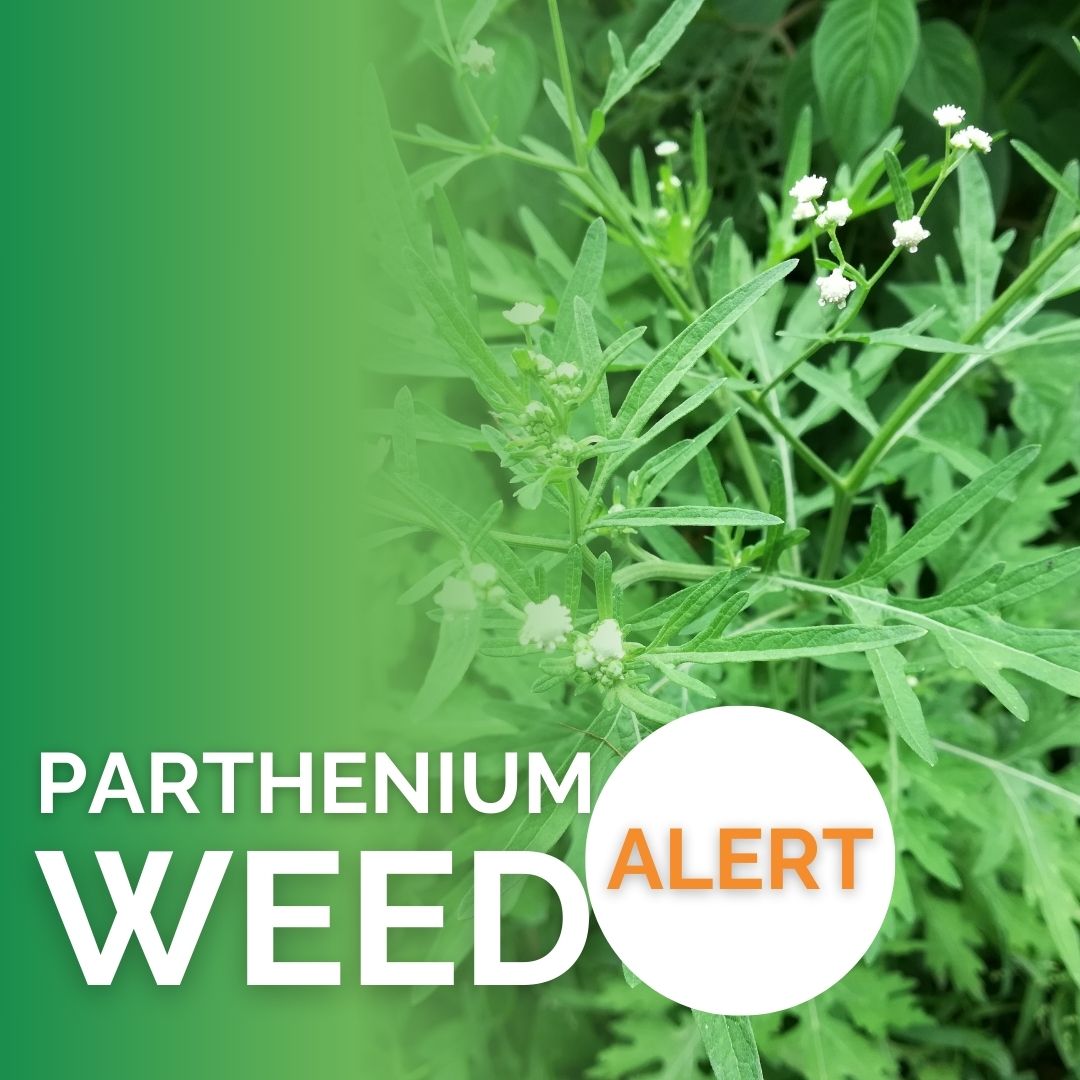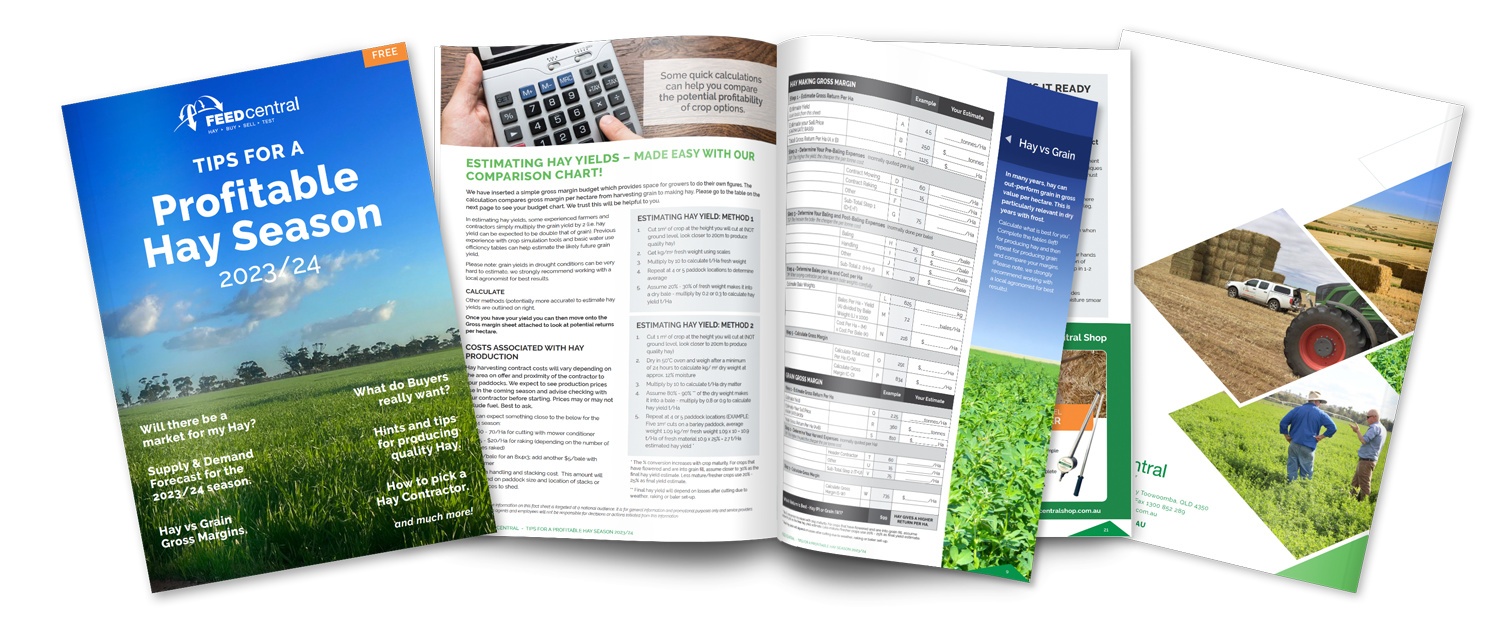Machinery manufacturers have put a lot of effort into producing a solid and heavy baler over recent years. So (as a generalization) a contractor with newer gear should be able to make heavier and better-shaped bales than a contractor with older gear.
Here’s a few things to look for in a Hay contractor:
HD Baler
We strongly encourage engaging a contractor with a high-density baler. High density balers not only make heavier bales, but they are also much faster.
See our article on How much do hay bales weigh?
Moisture Monitoring System On Their Baler
A contractor who has a moisture monitoring system on their baler, such as a Gazeeka, should be sought. This enables the constant monitoring of moisture levels and can help you avoid stacking high moisture, potentially dangerous bales, into the shed and therefore mitigating the risk of Hay fires.
Fair Pricing Agreement
Most contractors charge per bale. Be very careful here. Lighter bales make more money for a contractor, while heavier bales mean less work stacking, loading and more profit for the grower. Lighter bales mean higher freight costs and a lower selling price for your Hay. Talk to your contractor about this — put bale weight parameters into your baling contract.
Written Contract
These days it is not uncommon for growers to have a written contract with the contractor. This is something to consider. When making a verbal or written contract, we strongly suggest you cover bale weights and timing.
Contractors can pick up other jobs and some contractors (not all) will give preference to larger jobs. We suggest you talk about this in your discussions and agreement with your chosen contractor.
You can find a full list of contractors from all around Australia on our Contractors Registry on our website. This registry is to help you find a contractor that will suit your needs. These contractors have a range of different equipment and specialities listed for your convenience. We encourage you to pick your own contractor.
Be sure to check out our Contractors Registry to find a contractor that we recommend.
-
Why Does Hay Get Dusty And What Causes It?
Author Neville Janke Neville Janke is a qualified agronomist and Horticulturist with over 20 years of experience guiding farmers in the Agricultural and Horticultural industries. With this experience, Neville has been helping long-term users of Hay and grain to experience the Feed Central way of sourcing quality Feed for hungry cattle. View all posts

